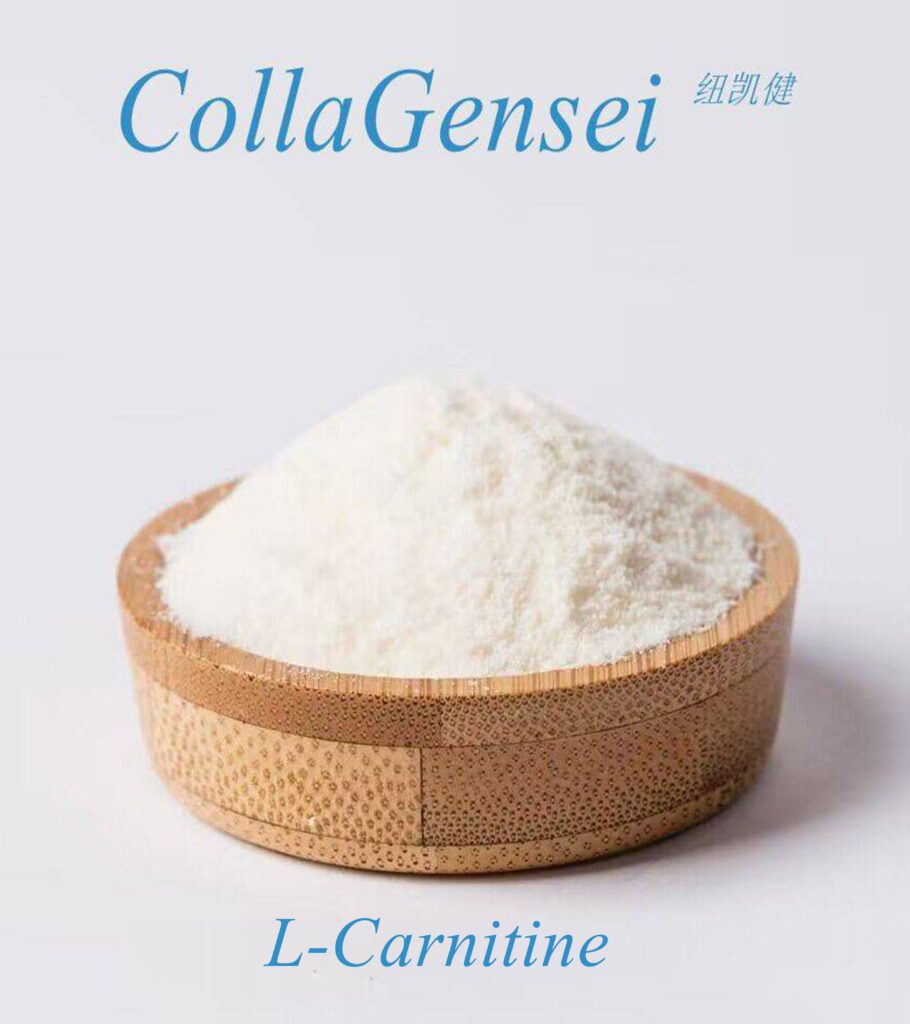What is Coenzyme Q10 ?
What is Vitamin B ?
Coenzyme Q10 (CoQ10) and Vitamin B are both crucial for maintaining energy levels and supporting overall health, but they work in different ways in the body. Below is a breakdown of their functions, benefits, and differences to help you understand how each one contributes to your well-being.
CoQ10
CoQ10, also known as Coenzyme Q10 or Ubiquinone, is a fat-soluble antioxidant found naturally in every cell of your body. It plays a vital role in producing energy at the cellular level and helps protect cells from oxidative damage.
Key Functions of CoQ10:
- Energy Production: CoQ10 is essential for the production of ATP (adenosine triphosphate) in the mitochondria, the powerhouse of the cell. ATP is the primary energy carrier in cells.
- Antioxidant Protection: CoQ10 helps neutralize harmful free radicals in the body, reducing oxidative stress and protecting cells from damage.
- Heart Health: CoQ10 is particularly important for the cardiovascular system. The heart, with its high energy demands, relies heavily on CoQ10 to maintain efficient function.
- Brain and Nerve Health: CoQ10 also supports cognitive function and may have neuroprotective effects, making it beneficial for brain health.
- Exercise Performance: CoQ10 is sometimes used as a supplement to improve stamina, reduce muscle fatigue, and enhance exercise performance.
Sources of CoQ10:
- Diet: CoQ10 is found in organ meats (like liver and heart), fatty fish (such as salmon), spinach, broccoli, and whole grains.
- Supplements: CoQ10 supplements are often recommended for those with aging-related energy decline or individuals taking medications (such as statins) that may lower CoQ10 levels.
Vitamin B
The Vitamin B complex refers to a group of eight water-soluble vitamins: B1 (Thiamine), B2 (Riboflavin), B3 (Niacin), B5 (Pantothenic Acid), B6 (Pyridoxine), B7 (Biotin), B9 (Folate), and B12 (Cobalamin). These vitamins are involved in a variety of metabolic processes, particularly energy production and nervous system support.
Key Functions of Vitamin B Complex:
- Energy Metabolism: Vitamin B helps the body convert carbohydrates, fats, and proteins into energy. For example:
- B1 (Thiamine): Involved in carbohydrate metabolism.
- B2 (Riboflavin): Helps produce red blood cells and metabolize fats and carbohydrates.
- B3 (Niacin): Supports energy production and the proper function of the digestive system.
- B5 (Pantothenic acid): Plays a role in synthesizing CoA, which is needed for energy production.
- Brain and Nervous System Health: Vitamins like B6, B9, and B12 are crucial for maintaining the health of the brain and nerves. They help in the production of neurotransmitters and red blood cells, and also play a role in cognitive function.
- DNA Synthesis and Cell Growth: Folate (B9) and B12 are involved in DNA synthesis and red blood cell formation, making them essential for healthy growth and development.
- Mood and Immune Support: Certain B vitamins, like B6, also play a role in regulating mood and supporting immune function.
Sources of Vitamin B Complex:
- Diet: B vitamins are found in foods such as whole grains, meat, poultry, fish, eggs, dairy products, legumes, and leafy green vegetables.
- Supplements: B vitamin supplements may be recommended for individuals with poor diets (such as vegans, who may lack B12) or specific medical conditions.
CoQ10 vs Vitamin B: Key Differences
- Mechanism of Action:
- CoQ10: Primarily involved in the production of energy at the mitochondrial level by generating ATP. It also acts as an antioxidant, protecting cells from oxidative damage.
- Vitamin B: Helps convert food (carbs, fats, proteins) into energy, supports the nervous system, and aids in cell metabolism. Each B vitamin plays a specific role in energy metabolism and other bodily processes.
- Targeted Health Benefits:
- CoQ10: Focuses on heart health, brain function, and energy production at the cellular level. It’s especially useful for people experiencing fatigue, cardiovascular issues, or aging-related energy decline.
- Vitamin B Complex: Supports overall energy metabolism, brain health, nerve function, and immune system. It’s essential for maintaining healthy skin, hair, and eyes as well.
- Antioxidant Function:
- CoQ10: A strong antioxidant that helps reduce oxidative stress, which can slow aging and prevent damage to cells and tissues.
- Vitamin B: Some B vitamins, such as B2 (Riboflavin) and B3 (Niacin), also have antioxidant properties, but their primary role is in energy metabolism.
- Deficiency Symptoms:
- CoQ10: Deficiency is rare, but low levels can lead to fatigue, muscle weakness, and poor heart function. CoQ10 levels naturally decline with age.
- Vitamin B: Deficiency in any of the B vitamins can lead to symptoms like fatigue, irritability, cognitive decline, anemia, and nerve damage. B12 deficiency, for example, can lead to neurological issues.
Which One to Choose?
- For Energy and Fatigue:
- CoQ10 may be particularly beneficial if you’re feeling fatigued due to aging, medication use (like statins), or specific health conditions like heart disease.
- Vitamin B can be a good choice if you’re looking for a more general boost in energy metabolism, especially if you have a poor diet, stress, or are prone to deficiencies.
- For Heart Health:
- CoQ10 is better suited for individuals focused on cardiovascular health, as it directly supports heart function by maintaining the energy production required for a healthy heart.
- For Brain and Nerve Support:
- Both CoQ10 and Vitamin B Complex are good for brain health, but Vitamin B (especially B6, B9, and B12) plays a more direct role in maintaining cognitive function and nerve health.
Conclusion
- CoQ10 is ideal for those looking to support cellular energy production, protect against oxidative stress, and improve heart and brain health. It’s particularly useful as we age or for individuals on certain medications.
- Vitamin B Complex is essential for energy metabolism, brain health, and overall vitality. It is critical for maintaining the proper functioning of the nervous system and preventing deficiencies that can lead to health issues.
In some cases, taking both CoQ10 and Vitamin B together can offer comprehensive support for energy, brain function, and overall health. However, always consult with a healthcare provider before starting any new supplementation regimen.




